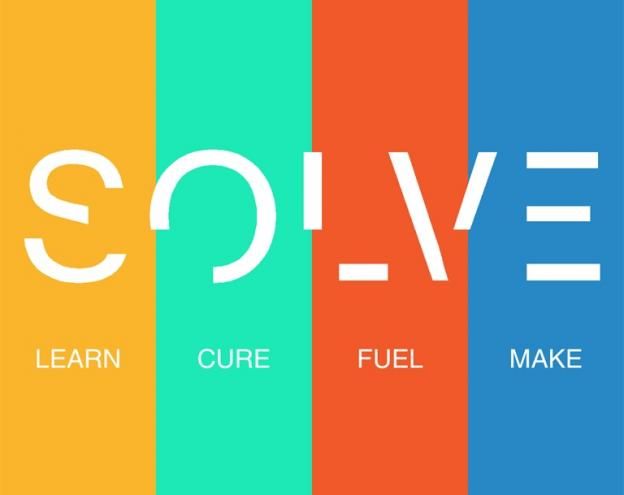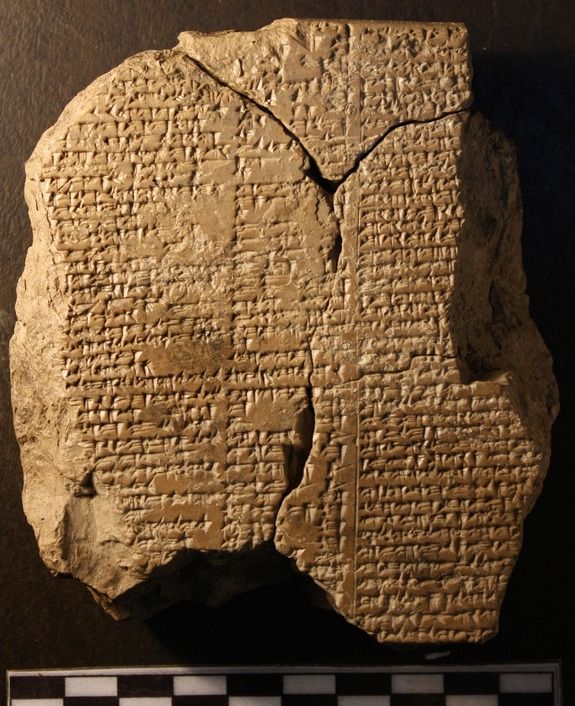The new finding, a clay tablet, reveals a previously unknown “chapter” of the epic poem from ancient Mesopotamia. This new section brings both noise and color to a forest for the gods that was thought to be a quiet place in the work of literature. The newfound verse also reveals details about the inner conflict the poem’s heroes endured.
In 2011, the Sulaymaniyah Museum in Slemani, in the Kurdistan region of Iraq, purchased a set of 80 to 90 clay tablets from a known smuggler. The museum has been engaging in these backroom dealings as a way to regain valuable artifacts that disappeared from Iraqi historical sites and museums since the start of the American-led invasion of that country, according to the online nonprofit publication Ancient History Et Cetera.
Among the various tablets purchased, one stood out to Farouk Al-Rawi, a professor in the Department of Languages and Cultures of the Near and Middle East at the School of Oriental and African Studies (SOAS) at the University of London. The large block of clay, etched with cuneiform writing, was still caked in mud when Al-Rawi advised the Sulaymaniyah Museum to purchase artifact for the agreed upon $800. [In Photos: See the Treasures of Mesopotamia].
Read more






